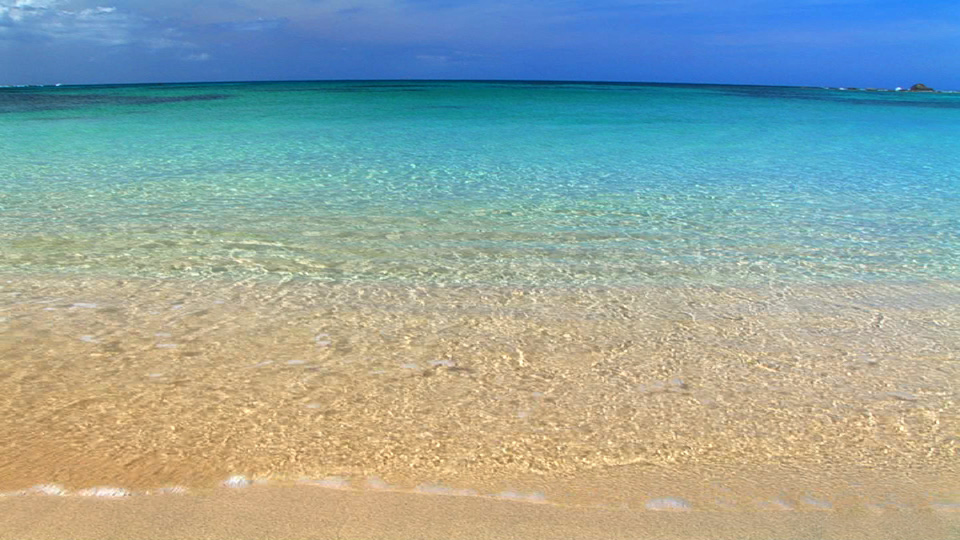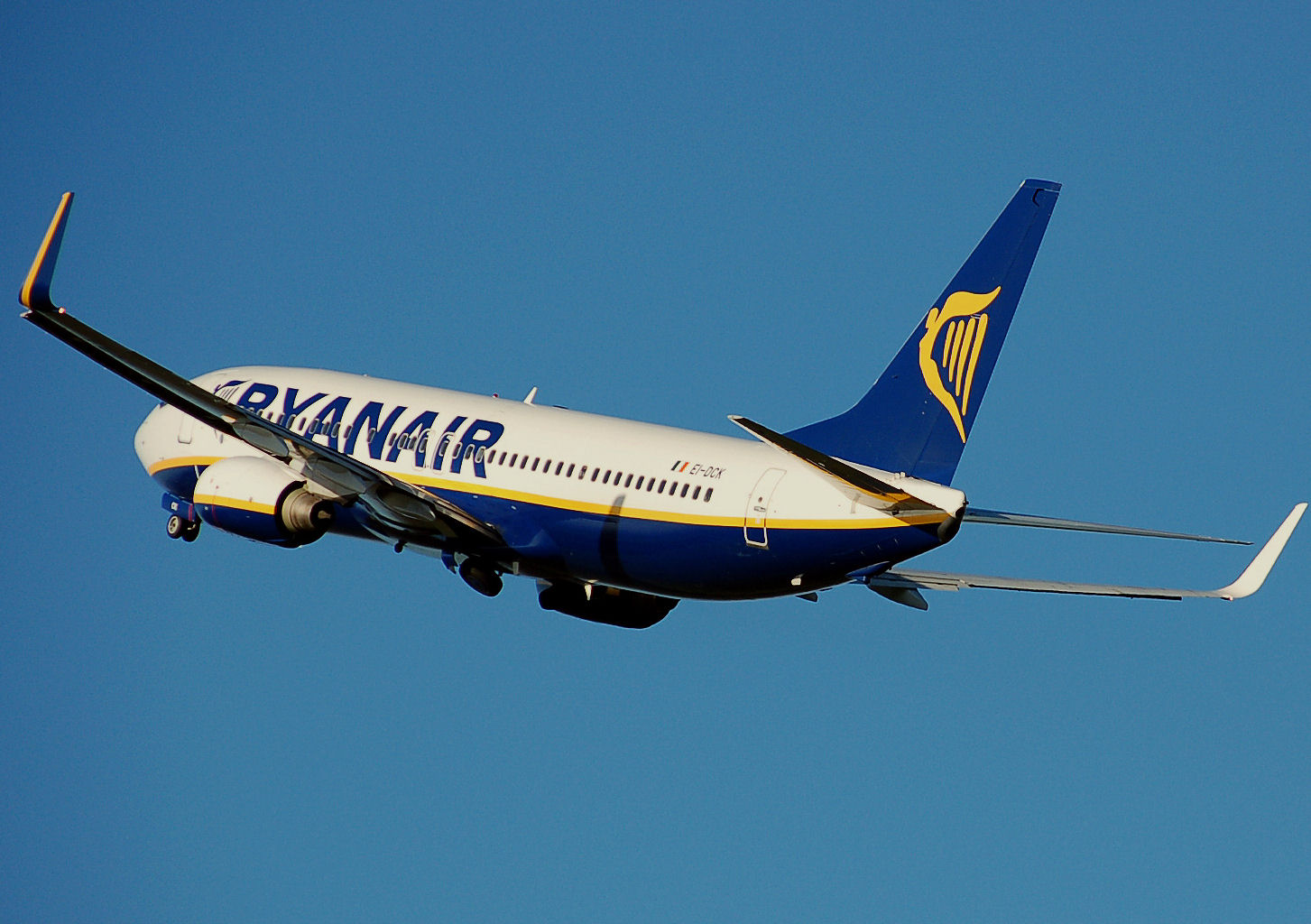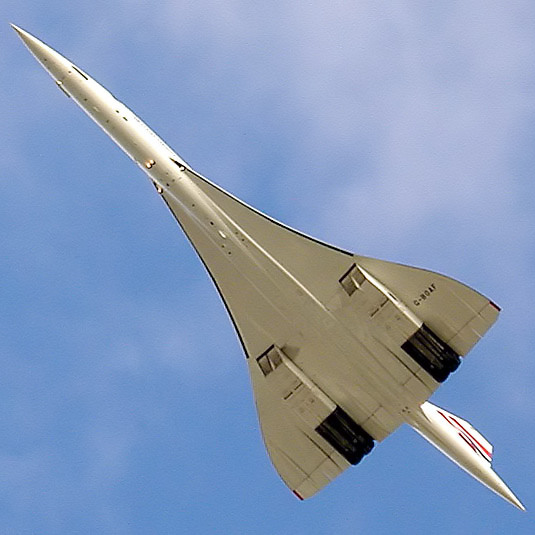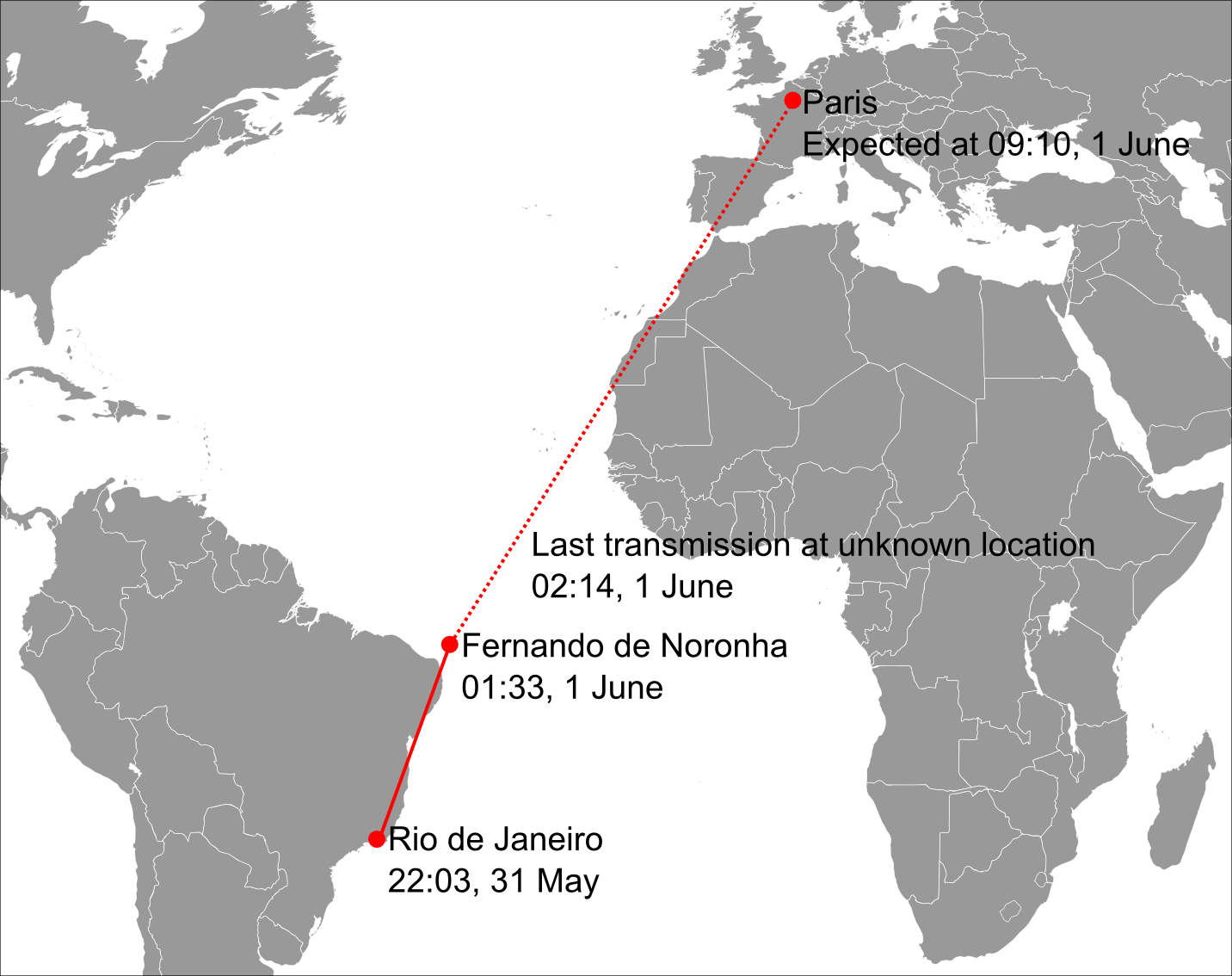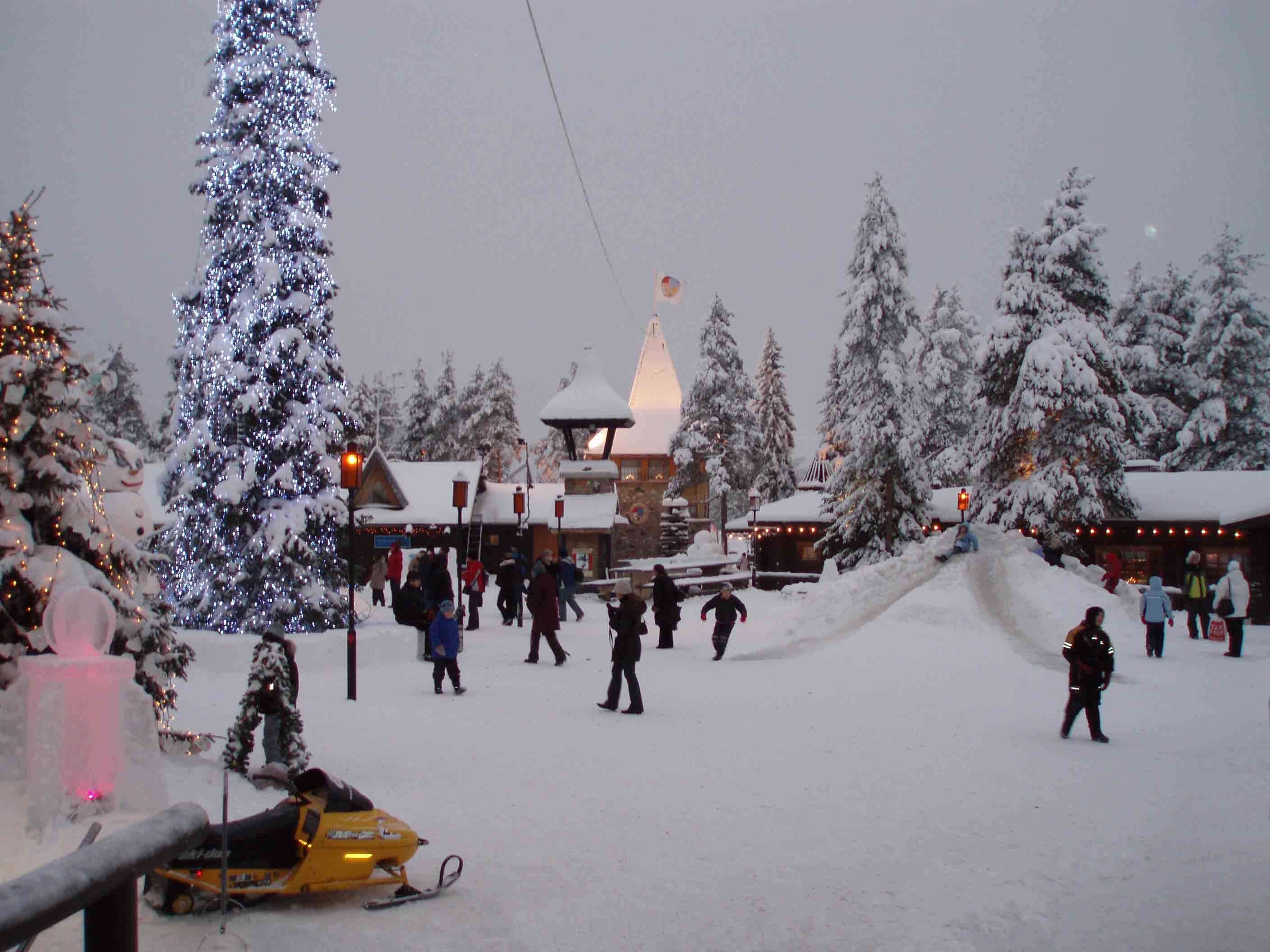
I have flown with Finnair many a time, and find them to be absolutely fantastic, with great cabin staff, food, the works. And Helsinki Airport is a clean, pleasant place – lovely for buying seasonal gifts if you are heading home for Christmas. Anyway, it’s interesting to hear that Finnair have now launched mobile phone boarding passes and text message check in. Not bad, eh?
So how does this work? Well, the mobile phone boarding pass consists of a 2D bar code which gets scanned at the airport. This boarding pass will apparently work on all mobile phones, though I do wonder about some of those really old ones that some Luddites insist on carrying about.
Finnair’s Sales Director for the UK, Tomi Hänninen, says: “The mobile boarding pass system cuts passengers’ carbon footprint by removing the need for passengers to print out and keep track of a paper boarding pass, thus eliminating waste paper. Customers will also see a tangible benefit through using the mobile boarding pass system as it will speed up the check in process, affording Finnair flyers even greater stress free travel.”
As for the text message check-in, this is available to members of the frequent flyer programme Finnair Plus. If you have luggage then you need to go to the baggage drop desk where it can be checked in. No luggage? In that case you can get going straight to the gate with no faffing around standing in those interminable queues so typical of airports.
For morning departures Finnair sends out a check-in text message the previous evening between 17:00 and 19:00, and for afternoon departures the message is sent about three hours before departure time.
It’s good to see that the handy and ubiquitous mobile can be used to make life simpler at airports, and no doubt other airlines will be keen to follow this trend.


